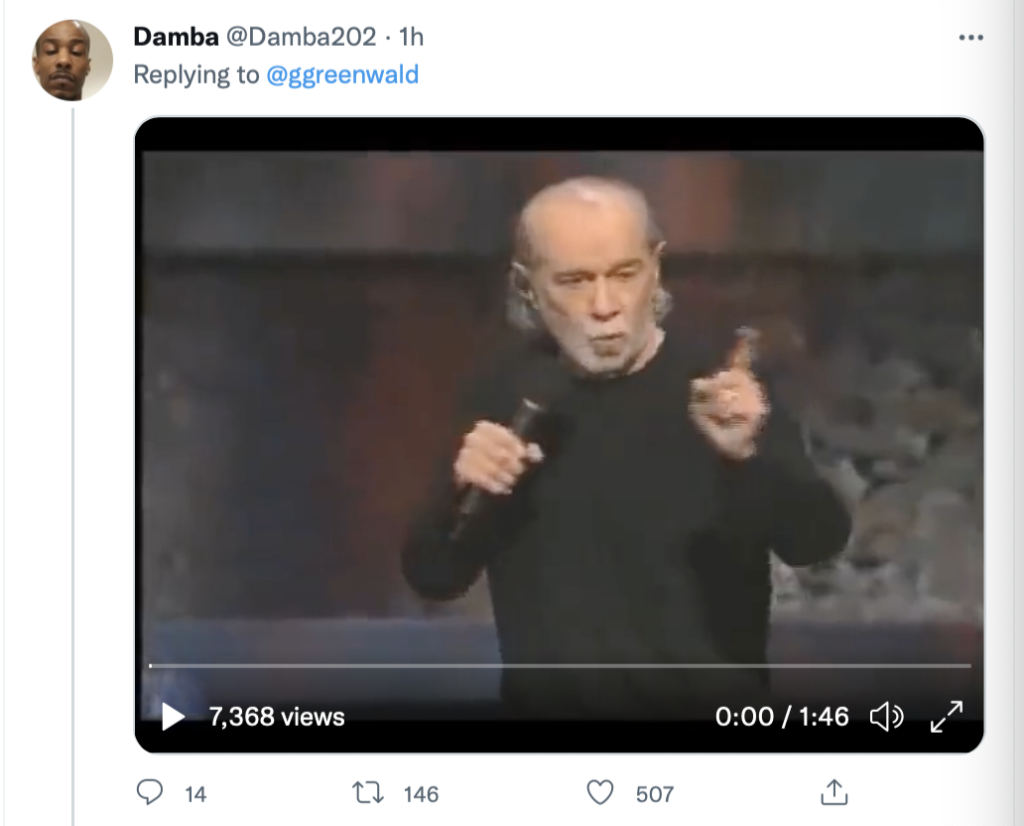Why do so many people distrust the authorities, our "leaders," regarding COVID? Here are some of the reasons collected by Matt Taibbi:
If the fact-checkers are themselves untrustworthy, and you can’t get around the fact-checkers, that’s when you’re really screwed.
This puts the issue of the reliability of authorities front and center, which is the main problem with pandemic messaging. One does not need to be a medical expert to see that the FDA, CDC, the NIH, as well as the White House (both under Biden and Trump) have all been untruthful, or wrong, or inconsistent, about a spectacular range of issues in the last two years.
NIAID director Anthony Fauci has told three different stories about masks, including an episode in which he essentially claimed to have lied to us for our own good, in order to preserve masks for frontline workers — what Slate called one of the “Noble lies about Covid-19.” Officials turned out to be wrong about cloth masks anyway. Here is Fauci again on the issue of what to tell the public about how many people would need to be vaccinated to achieve “herd immunity,” casually explaining the logic of lying to the public for its sake:
When polls said only about half of all Americans would take a vaccine, I was saying herd immunity would take 70 to 75 percent. Then, when newer surveys said 60 percent or more would take it, I thought, “I can nudge this up a bit,” so I went to 80, 85.
We’ve seen sudden changes in official positions on the efficacy of ventilators and lockdowns, on the dangers (or lack thereof) of opening schools, and on the risks, however small, of vaccine side effects like myocarditis. The CDC also just released data showing natural immunity to be more effective in preventing hospitalization and in preventing infection than vaccination. The government had previously said, over and over, that vaccination is preferable to natural immunity (here’s NIH director Francis Collins telling that to Bret Baier unequivocally in August). This was apparently another “noble lie,” designed to inspire people to get vaccinated, that mostly just convinced people to wonder if any official statements can be trusted.
To me, the story most illustrative of the problem inherent in policing “Covid misinformation” involves a town hall by Joe Biden from July 21 of last year. In it, the president said bluntly, “You’re not going to get COVID if you have these vaccinations,” pretty much the definition of Covid misinformation:
It was bad enough when, a month later, the CDC released figures showing 25% of a sample of 43,000 Covid cases involved fully vaccinated people. Far worse was a fact-check by Politifact, which judged Biden’s clearly wrong statement “half true.”
“It is rare for people who are fully vaccinated to contract COVID-19, but it does happen,” the site wrote. They then cited CDC data as backup. “The data that the CDC collected before May 1 show that, of 101 million people vaccinated in the U.S., 10,262 (0.01%) experienced breakthrough cases.” Politifact’s “bottom line”: Biden “exaggerated,” but “cases are rare.”
Anyone paying attention to that story will now distrust the president, the CDC, and “reputable” mainstream fact-checkers like the Pew Center’s Politifact. These are the exact sort of authorities whose guidance sites like the Center for Countering Digital Hate will rely upon when trying to pressure companies like Substack to remove certain voices.
This is the central problem of any “content moderation” scheme: somebody has to do the judging. The only thing worse than a landscape that contains misinformation is a landscape where misinformation is mandatory, and the only antidote for the latter is allowing all criticism, mistakes included. This is especially the case in a situation like the present, where the two-year clown show of lies and shifting positions by officials and media scolds has created a groundswell of mistrust that’s a far bigger threat to public health than a literal handful of Substack writers.
Could some of this problem be lessened if our "Leaders" are required to also state their confidence level whenever they make future statements about COVID?

